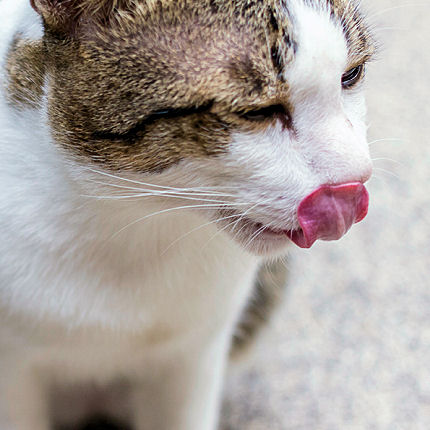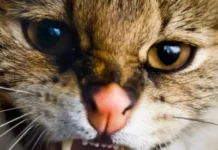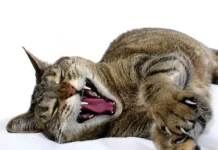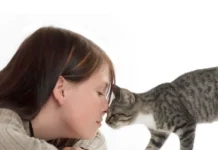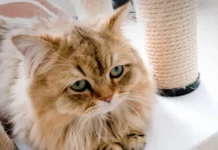Understanding Cat Vomiting: Causes and Solutions
Cleaning up cat vomit is an unpleasant reality for pet owners. However, it’s crucial to recognize that vomiting in cats can be a signal of underlying health issues that need attention.
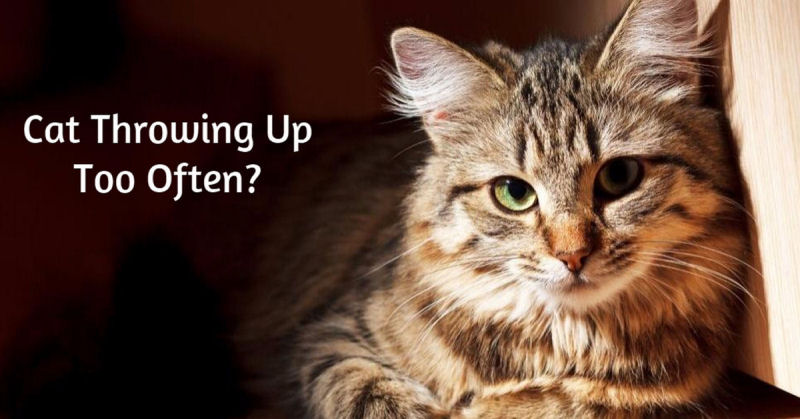
Why Is My Cat Vomiting?
Various factors can lead to a cat vomit episode, far beyond the common culprit of hairballs. Understanding these reasons is essential for ensuring your cat’s health. If your cat is frequently vomiting, rule out any serious illness by consulting your veterinarian. For further guidance, check out our article on Signs of Cat Illness.
Assuming your cat is otherwise healthy, here are some of the most prevalent reasons for cat vomiting:
1. Dietary Issues
Cats’ diets can significantly impact their digestive health. Poor-quality cat food containing low-grade ingredients or fillers can lead to gastrointestinal upset. Additionally, cats can develop food allergies, particularly if they consume the same diet consistently. Be cautious with treats, as they may also contain harmful additives. For a better understanding of what to avoid, read our article on Foods Your Cat Should NEVER Eat!
2. Milk Consumption
A common misconception is that milk is suitable for cats. In reality, cow’s milk can lead to stomach issues and vomiting in cats due to their inability to properly digest lactose.
3. Competitive Eating
If your cat shares its feeding space with other pets, it may eat too quickly out of competition. This rushed eating can cause digestive upset and vomiting.
4. Eating Too Quickly
Even if your cat is the sole pet, a fast eating pace can still lead to regurgitation. Observing your cat’s eating habits may help you determine if this is the cause.
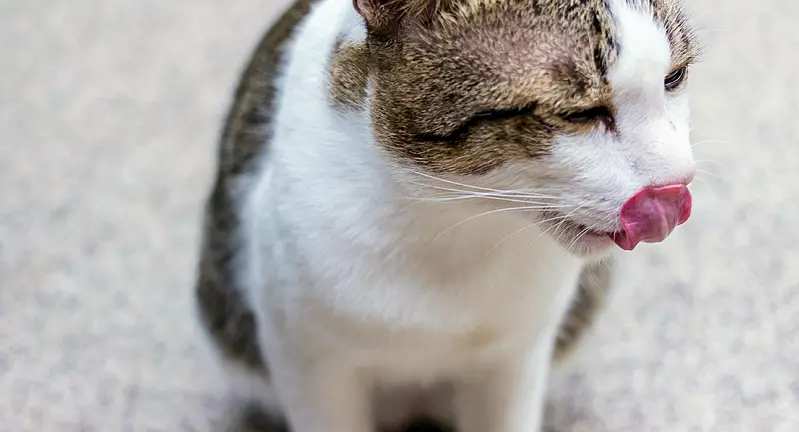
5. Disruption of Routine
Cats thrive on routine. Any changes in their feeding schedule can lead to confusion and may trigger vomiting.
6. Hairballs
Long-haired cats, in particular, can develop hairballs, which can result in vomiting as well.
7. Plant Consumption
Cats have a natural inclination to chew on plants, but not all plants are safe for them. Ingesting toxic plants can lead to vomiting and other health problems.
Conclusion
In healthy cats, these outlined factors often contribute to occasional vomiting. If vomiting becomes frequent, it is crucial to consult with your veterinarian to rule out potential health issues. Staying informed and observant about your cat’s dietary habits and behaviors can help mitigate these incidents and ensure their long-term health.
![]()


